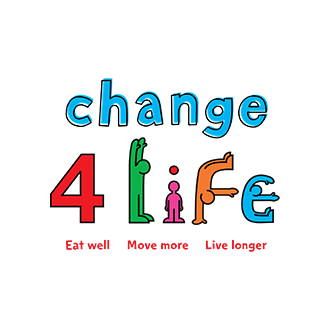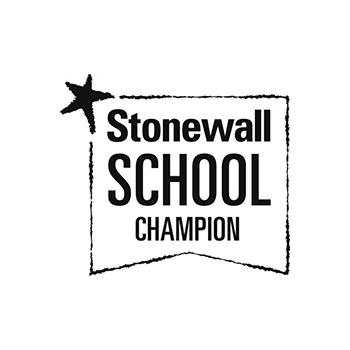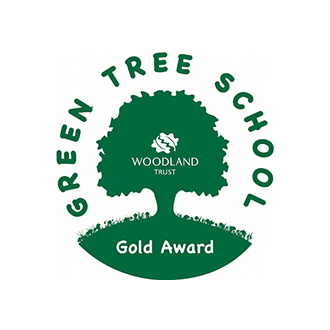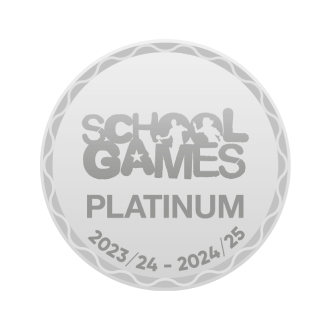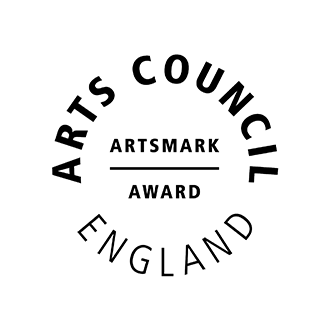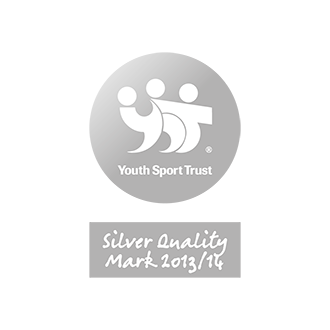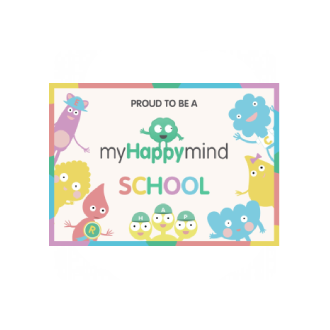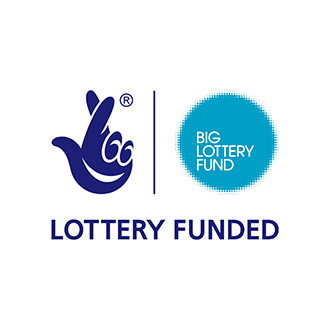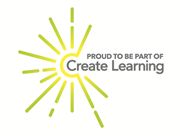Curriculum
Educating hearts, educating minds.
‘Educating the heart without educating the mind is no education at all’
Aristotle
Our Curriculum Aim
At Little Leigh Primary School, we value each child as an individual with a unique potential for learning. Our aim is to enable each child to participate fully in current and future society as a responsible, self-confident citizen thus reducing the cultural capital gap. We promote the academic, spiritual, moral, cultural, mental, technical and physical qualities of all pupils.
It is personalised, reflecting the background and experience of our pupils; it is outward facing, setting learning in global contexts wherever possible; it celebrates diversity to emphasise unity; it is rooted in authenticity and context so that learning is relevant. We define curriculum as the totality of a child’s experience at Little Leigh Primary School. This includes not only what but also how the child learns.
All stakeholders are part of the development of the curriculum design.
We design a curriculum which is:
Engaging: Our aim is that children enjoy learning and embrace challenge: this high level of engagement leads to progress.
Enriching: Our aim is that the curriculum is enriched in a variety of ways: trips; visitors; real world contexts; innovative, stimulating and inspiring experiences; cross-curricular links; purposeful use of the environment, have unique interests, skills and talents. Our curriculum is designed flexibly to meet the needs of these groups.
Enhancing: All decisions are made in the best interests of the children; preparing them for the next stage of education and enabling them to become lifelong learners.
To ensure an ambitious, quality curriculum for all pupils we have considered the following:
- Statutory Requirements
- Local context and relevant barriers
- The curriculum as a progressive model
- The need to plan and sequence coherently in order to accumulate sufficient knowledge and skills
- Subject disciplines with application across the curriculum
- Pupil Voice
- Purposeful Assessment
- Subject Leadership
Curriculum Design
Our high quality curriculum has been carefully designed and sequenced to equip our children with secure, coherent knowledge. The core learning values for each pupil to be an independent learner, a confident communicator and a global citizen are at the very heart of our curriculum.
.At Little Leigh Primary School, we strive for children to learn skills alongside knowledge, ensuring that both develop; we see knowledge and skills as intertwined. The curriculum is about how we can ensure that pupils can achieve both. We do this by having an emphasis on discrete and cross-curricular teaching. We believe that this is important for making the curriculum relevant and meaningful to pupils and for putting knowledge into context.
We believe it is our responsibility to develop literacy and numeracy skills for all our pupils. Using the Early Years Foundation Stage Strategy and National Curriculum as a basis, age-appropriate progression in knowledge for each core and foundation subject has been identified. This has been mapped out to ensure coverage of identified knowledge is secured across KS1 and KS2. We carefully select the sequence of when, what and how knowledge is taught and teachers and Subject Leaders work actively to review this aspect regularly.
In addition, the specific skills required to be successful in each subject have been identified and crafted into structured progressions.
Curriculum content is grouped into a series of themes of work/teaching sequences. Each theme/sequence begins with either an inquiry question, a hook or reveal etc designed to engage the children and frame the learning journey through to identified outcomes. Initial reflection on this question supports formative assessment of pupils’ starting points and gives an opportunity, where appropriate, for pupil voice to influence learning. Staff awareness of prior learning from previous years ensures the regular reinforcement of key knowledge and skills. Teachers systematically check children’s understanding identifying misconceptions and provide clear, direct feedback to ensure progress. Teaching is designed to help learners to remember in the long term the content they have been taught and to integrate new knowledge into larger concepts.
During the learning journey, a range of objectives in several curriculum subjects are addressed. This content is sequenced to ensure that components of knowledge lead to conceptual learning. This analysis is supported by strong subject knowledge from staff and aims for both depth of learning and breadth of coverage. Opportunities to practise knowledge and skills are built into the curriculum to secure deep understanding of each discipline. The curriculum planning ensures a layering of knowledge and concepts so that all pupils can make progress. The length of each theme/sequence depends upon the identified learning and outcomes.
‘Golden Threads’
Our curriculum is refined yearly, but it maintains a consistent knowledge base to ensure conceptual progression. We have identified a set of key historical, geographical and global concepts or ‘golden threads’, that children will repeatedly revisit throughout their time at Little Leigh..
Core Learning Values
Every unit addresses the three core learning values identified by this school as essential for all subjects:
Independent Learner
Definition: self-motivated problem solver.
- Self-questioning: ask questions and identify problems which need to be solved.
- Self-confident: persevere; manage risks in order to master new skills, knowledge and concepts. Resist peer pressure by making independent, informed decisions. Develop resilience.
- Self-reflective: assess progress; recognise misconceptions; evaluate experiences; identify next steps.
Confident Communicator
Definition: emotionally mature with a depth of language learning that enables them to share ideas effectively, including in collaborative contexts.
- Empathetic: recognise emotions and motivations of self and others.
- Participate in discussion, dialogue and debate – active listening together with explaining, describing and questioning, valuing their own and others’ contributions.
- Present ideas accurately through written and spoken forms.
Global Citizen
Definition: respects the rights of others and is proactive in helping to make the world a better place to live in. The Sustainable
- Understand issues affecting themselves, the global community and the environment.
- Respect themselves, the global community and the environment.
- Proactive: seek to improve themselves, their community and the environment, making choices informed by the framework of human rights.
Learning Research
Little Leigh Primary School has recognised the use of clear, focused learning intentions and success criteria as an effective tool in gaining intended learning outcomes. Staff use effective questioning techniques to develop higher order thinking skills. In lessons, we provide opportunities for study but we strive to provide as many recall and application activities as possible to support the retention of knowledge and understanding.
Recent research project involvement includes: - Connecting Classrooms - Global Learning Partnership, Farmington RE Scholarship. Other projects include: - Leading Schools – Subject Leadership development, curriculum development, North West Maths Hub 3 and STEM.
We reflect regularly on current research and use opportunities, where relevant, to engage in research projects and use findings to inform and improve provision/practice. As a school part of Create Learning Trust this is essential in how we can support other schools. Findings are shared to allow other schools to make the best decisions relating to their own settings.
Global Learning/SMSC
The seventeen Global Development Goals form a golden thread of learning throughout our curriculum.
We support children to learn about the world around them by providing opportunities for them to learn about and collaborate on the big issues that face the world. This key thread helps teachers to bring global learning themes, centred on the Sustainable Development Goals, into their classrooms, and encourages pupils to interact and learn with their peers in other countries.
Global Learning strengthens the knowledge, skills and attitudes pupils need for life in today’s world, encouraging them to make a positive contribution in their local community and the wider world.
SMSC is often introduced in assemblies, discussed in class and promoted through activities and actions. Each teacher ensures there is every opportunity to develop children’s understanding of British Values, including the protective characteristics. Children learn to take personal responsibility for their own thoughts and actions.
Subject Leadership
At Little Leigh Primary School, we have proactive subject leaders who oversee, develop, monitor and evaluate the effectiveness of their subject within school across all year groups and phases. Staff are committed to delivering high quality learning experiences throughout the curriculum. Support staff have developed their knowledge and skills in order to further enhance the quality of learning.
The impact of the curriculum is evident in the outcomes for all pupils.
- Engaged, motivated children who take learning with them prepared for the next stage of their education.
- Assessment data which reflects progress made against national expectations.
- Application of knowledge and skills in different contexts.
- Embedding knowledge and skills through regular opportunity to practise and rehearse prior learning.
- A learning environment which is vibrant and reflects the rich and varied opportunities our children encounter.
- Learners are ready for the next stage of education. Confident and prepared to embrace opportunities and follow their interests and aspirations.

